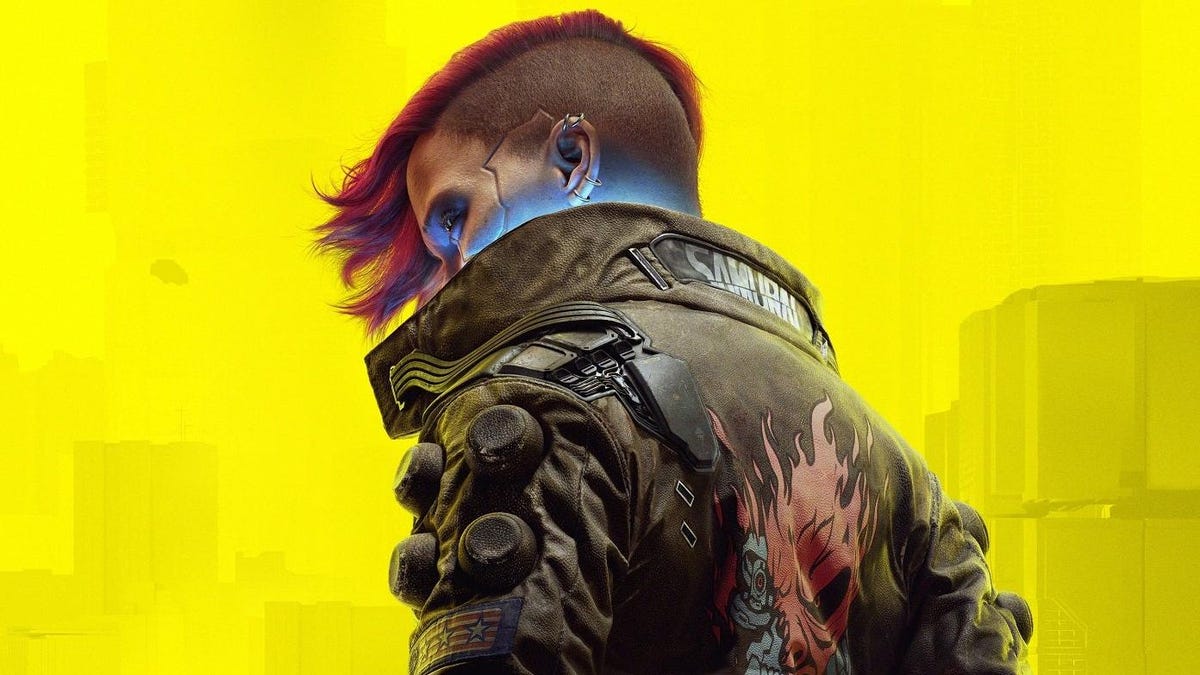Right now, every company in the world is scrambling to announce something with the word “metaverse” in its pitch. Scrambling because it’s essential this be done before anyone actually works out what a “metaverse” might be, and all the wind comes out of it like stale air from a forgotten Whoopee Cushion. Two such companies are Epic and Lego, who have just declared they’re working together to “shape the future of the metaverse to make it safe and fun for children.” Urk.
The Week In Games: Lightfall Dynasty
Share SubtitlesOffEnglishShare this VideoFacebookTwitterEmailRedditLinkview videoThe Week In Games: Lightfall Dynasty
“The two companies will team up,” says the freshly released press release, “to build an immersive, creatively inspiring and engaging digital experience for kids of all ages to enjoy together.”
If you are asking what that means or what it might look like, good question. But that’s not enough empty-minded buzzwords, so it immediately continues,
Wait a second! [Record scratch.] Maybe I’ve been too hasty. Are they saying they’re planning to make an online Lego game?! This is groundbreaking stuff, people. Unless you count 2010's Lego Universe (RIP), Lego Minifigures Online (RIP), Lego Legends of Chima Online (RIP), Lego Worlds (still alive!)…
The nonsense buzz-phrase “the metaverse” right now means, “shared online spaces with avatars,” like those haven’t already existed for decades. And since their inception, they absolutely flat-out have not been spaces that are safe for children. Nor will they ever be, because if such spaces are designed to be inhabited by children, they will always be preyed upon and exploited by people you want nowhere near your kids. But Epic are ever the optimists.
The press release says of this project, “The LEGO Group and Epic Games will combine their extensive experience to ensure that this next iteration of the internet is designed from the outset with the wellbeing of kids in mind.”
That’s quite the extraordinary claim! The company is not talking about some game here. It appears to be claiming some sort of frontline position in developing the internet.
Both companies then have a flex of their child-friendly credentials, Epic mentioning its purchase of SuperAwesome, and Lego boasting about their “fully live moderated social app for children.” Neither stops to ponder why children need such a thing, though presumably Lego’s family-friendly image is tied into much of this messaging.
Reading between the lines of the ludicrous claims made (“[Epic] is at the forefront of popular culture”) it seems that what they’re alluding to here is essentially Roblox, but with “LEGO” on the label. That itself raises a whole other pile of concerns, given the extensive and serious allegations made against the wildly popular Roblox for its alleged failures to protect children, and even accusations of exploitation.
Oh, and maybe in VR? See, you thought I’d forgotten that the metaverse is something something something VR. And yes, even putting aside the generations we are away from VR controls detailed enough to satisfyingly assemble imaginary Lego, what better than an online game your kid plays via a concealed helmet, where you can’t see the screen, nor hear what’s playing in their ears.
Ever since Minecraft’s impossibly enormous success, especially as a game children play in shared spaces, Lego has been desperate to find a way in, at the same level of acclaim. Blocks belong to Lego, dammit! This looks like their latest attempt to find a way for their quintessentially (and still enormously successful) physical toys to exist in an online space.
A press release that spends 90% of its words explaining just how safe their imaginary product will somehow be, based on…vague assurances, rather highlights this issue’s centrality. That it at no point actually says what it is they’re working on reveals an entirely different one. This race to the metaverse is as illusionary and ethereal as everything else associated with the undiluted bollocks that is web 3.0.

